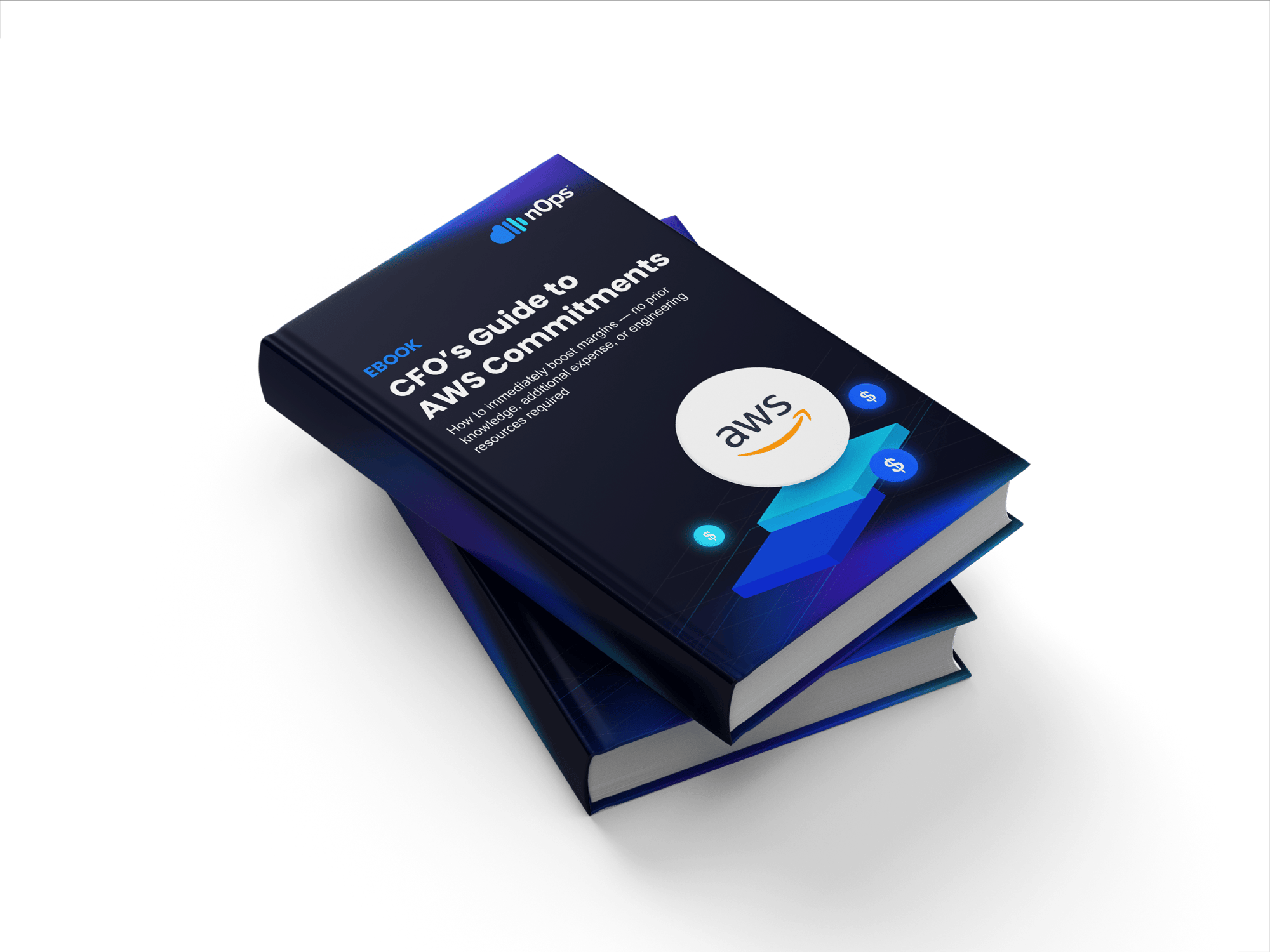- Blog
- Announcement
- New EKS Dashboard for Compute Copilot
New EKS Dashboard for Compute Copilot
Last Updated: May 20, 2025, Announcement
Benchmark and optimize cost efficiency at the container, node and pricing level
Kubernetes cost optimization can be complex — often involving multiple data streams, dashboards, and reports. Teams waste time sifting through data instead of acting on the biggest cost-saving opportunities.
That’s why we built the EKS Insights Dashboard, a unified benchmarking system that measures efficiency across all your EKS clusters. It calculates your efficiency at every level—container, node, pricing, and overall—so you can instantly see how well your clusters are performing and what to optimize first.
What’s New
Who is it for?
| Engineering Manager | FinOps Practitioner | DevOps Teams |
|
|
|
Container, Node & Price Efficiency Scores
Efficiency scores make it easy to determine how optimized you are at every level:
- Container Efficiency Score: Find and eliminate wasted container resources. The dashboard highlights unused capacity, showing you exactly how much you’re overspending and where rightsizing will have the biggest impact.
- Node Efficiency Score: Reduce idle capacity and improve bin-packing efficiency. Compute Copilot offers automated optimizations with Karpenter or Cluster Autoscaler, or you can adjust scaling policies manually.
- Price Efficiency Score:Understand if you’re paying more than you should. Compute Copilot evaluates your commitment utilization and helps shift workloads to Spot, Reserved Instances, or Savings Plans for maximum savings.
Cluster Score Over Time
See how your efficiency score changes over time. If you take optimization actions — whether manually or with nOps automation — this chart shows whether your cluster performance is improving or if further adjustments are needed.
Cost Breakdown
See exactly where your spend is going and pinpoint unintended cost drivers — like extended support fees or networking costs.
Drill Down Into Clusters
How it Works
The Compute Copilot EKS Insights Dashboard calculates an Overall Efficiency Score by averaging three key metrics: Container Efficiency, Node Efficiency, and Price Efficiency. Each score ranges from 0 to 100, helping teams quickly assess cluster performance and identify areas for optimization.
- Container Efficiency Score: Measures how well container resources are utilized. Calculated as actual usage divided by total allocated resources (usage + waste), with a cap of 80% to allow for operational flexibility.
- Node Efficiency Score: Evaluates how efficiently nodes are packed with workloads. Calculated as node usage divided by total node resources (usage + excess capacity), also capped at 80% to maintain resilience.
- Price Efficiency Score: Determines cost efficiency based on pricing model usage. Calculated as the proportion of total compute costs coming from Spot and commitment-based pricing rather than On-Demand instances.
How to Get Started
If you’re already on nOps…
Have questions about the new feature? Need help getting started? Our dedicated support team is here for you. Simply reach out to your Customer Success Manager or visit our Help Center. If you’re not sure who your CSM is, send our Support Team an email.
If you’re new to nOps…
nOps was recently ranked #1 with five stars in G2’s cloud cost management category, and we optimize $2+ billion in cloud spend for our customers.
Join our customers using nOps to understand your cloud costs and leverage automation with complete confidence by booking a demo with one of our AWS experts.











